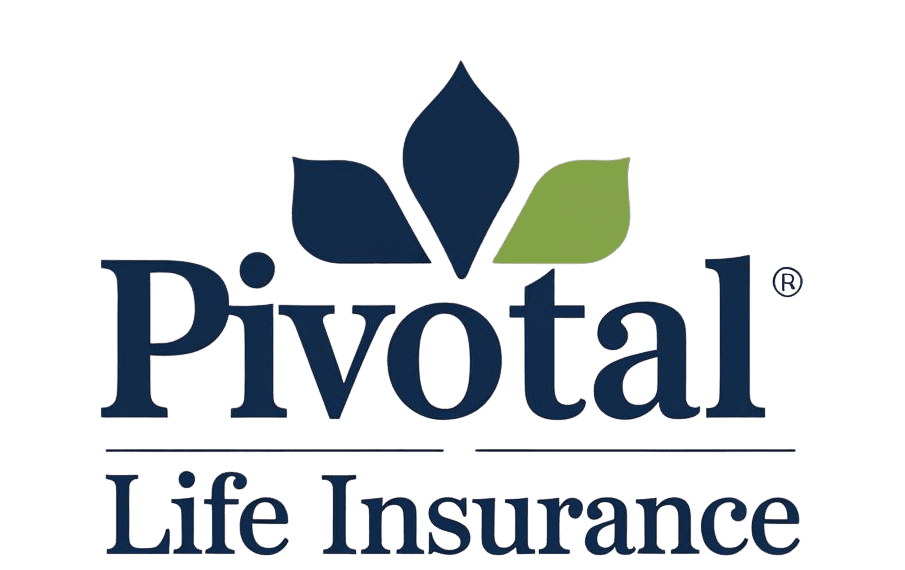When you first hear about Indexed Universal Life (IUL) Insurance, it sounds like a financial dream. A life insurance policy that also builds cash value tied to the stock market? Too good to be true, right? Not exactly. Like any financial product, IUL has fine print that most people overlook.
This guide breaks down 7 shocking truths about Indexed Universal Life (IUL) Insurance so you can separate the hype from reality. By the end, you’ll know the hidden costs, potential benefits, and if it fits your financial goals.
Key Takeaways
Indexed Universal Life Insurance combines life coverage with market-linked growth.
Returns are capped and fees can reduce overall value.
IUL requires a long-term commitment to work effectively.
Alternatives like term life plus investments may offer better flexibility and growth.
What is Indexed Universal Life (IUL) Insurance?
Indexed Universal Life Insurance is a type of permanent life insurance that combines a death benefit with a savings component. Instead of earning a fixed interest, your cash value growth is tied to a stock market index such as the S&P 500.
Death Benefit: Pays your beneficiaries when you pass away.
Cash Value: Grows over time based on index performance, subject to caps and floors.
Flexibility: You can adjust premiums and death benefits within certain limits.
This makes IUL attractive for those who want life insurance plus an investment-like feature. But it’s not as straightforward as it sounds.
The 7 Shocking Truths About IUL
1. Returns Aren’t Guaranteed
Many people think IUL guarantees stock market-like growth. The truth is, your returns depend on participation rates and caps set by the insurer. If the index grows 10 percent but your cap is 6 percent, you only get 6 percent.
2. Fees Can Eat Your Cash Value
IUL comes with administrative fees, insurance costs, and rider charges. Over time, these fees can significantly reduce your cash value growth. In some cases, they outweigh your gains.
3. Complex Structures Confuse Buyers
Unlike term life insurance, which is simple and affordable, IUL policies are complicated. Understanding how credits, caps, floors, and fees interact takes financial literacy that most people don’t have.
4. Long-Term Commitment is Essential
IUL is not built for quick returns. Surrendering your policy early may trigger surrender charges and loss of cash value. It’s best suited for long-term planners who can commit for decades.
5. Marketing Hype Can Mislead
Agents often promote IUL as a retirement savings miracle. While it can offer tax-deferred growth and flexible premiums, it’s not a magic solution. Always review projections with caution and ask for detailed illustrations.
6. Premium Flexibility Comes with Risk
You can pay more or less in premiums over time, but skipping payments may drain your cash value to cover insurance costs. If the cash value depletes, your policy can lapse.
7. Alternatives May Offer Better Value
For many, traditional term life insurance plus separate investments in index funds may provide higher returns and fewer fees. Whole life insurance is another option if guaranteed growth and stability matter more than market exposure.
Pros and Cons of Indexed Universal Life Insurance
| Pros | Cons |
|---|---|
| Potential for higher returns than whole life | Returns are capped, not fully market-based |
| Tax-deferred cash value growth | High fees |
| Flexible premiums and death benefits | A complex structure can confuse buyers |
| Access to cash value through loans | Risk of policy lapse if mismanaged |
Should You Consider Indexed Universal Life Insurance?
Indexed Universal Life (IUL) Insurance can make sense if:
You want lifelong insurance coverage and the ability to build cash value.
You understand the long-term commitment and costs.
You’re comfortable with market-linked but capped growth.
But if your priority is simple, affordable coverage, or you prefer maximizing investments outside insurance, term life plus an investment account may be the smarter move.
Final Thought
Indexed Universal Life Insurance isn’t a scam, but it’s also not the golden ticket some claim it to be. The shocking truths lie in the details, from hidden fees to capped returns. Before signing up, ask yourself: Am I ready to commit for the long haul, and do I fully understand the risks?

